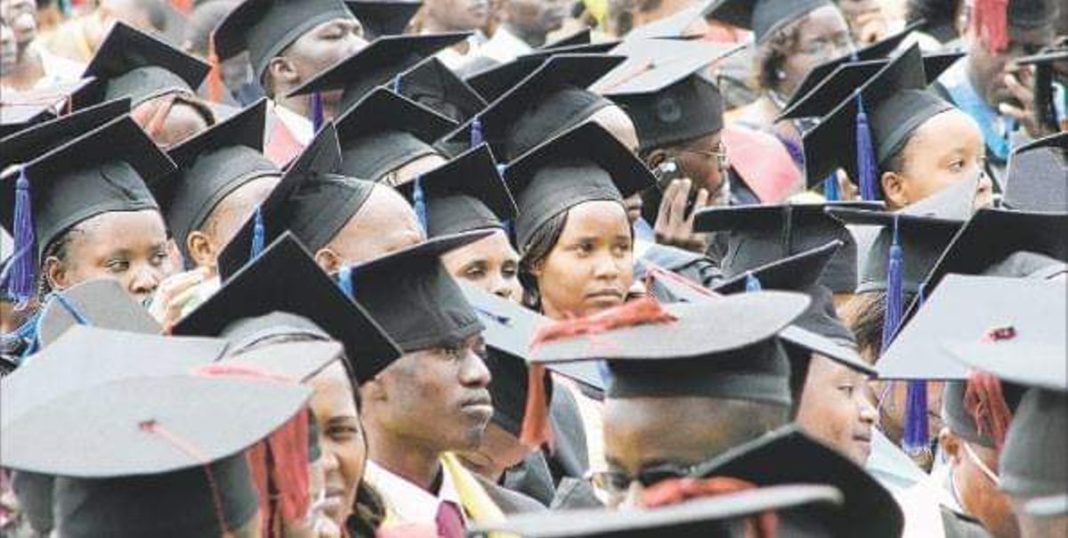Job seekers can now breathe a sigh of relief after Members of Parliament unanimously supported the Employment Amendment Bill without any objection.
Graduates and job seekers according to the new amendment are now not obligated by law to obtain Kenya Revenue Authority (KRA), Directorate of Criminal Investigations (DCI), Higher Education Loans Board (HELB), Credit Reference Bureau (CRB), and Ethics and Anti-Corruption Commission (EACC) clearance certificates until or unless an offer of employment is guaranteed.
In a statement by MP Gideon Keter, it was highlighted that job seekers will no longer be tasked with the responsibility of running criminal background checks on themselves so as to secure a job interview.
“This country is not graduating criminals from universities and colleges every year. These are young men and women who are more than ready to offer their skills and knowledge for the advancement of this nation’s greatness,” he said.
According to the youth representative, a research done by the Parliamentary Budget Office revealed that public-funded institutions have been collecting over Ksh 750 million every year from job seekers.
“A clear indication that they have been milking job seekers, most of them graduates, for years yet there is not a single cent that has been directly sent back to youth-empowerment programs. There is nothing to show that these monies have been sent to HELB to boost its kitty, for instance,” Keter noted.
In addition to scrapping the clearance certificate requirement, Keter insists that Kenya should pick some of the best practices from other jurisdictions that have relieved their graduates from this financial burden.
For example: In the United Kingdom, it’s only when you become successful at an interview and are offered a job that your employer will be required to carry out a series of employment checks depending on the type of job you are going to undertake.
In the United States, the states of Iowa, Kansas, Kentucky, Louisiana, Massachusetts and Vermont have enacted laws that expressly prohibit employers from requiring applicants to pay for their own background checks.
In Iowa, the law makes employers responsible for paying for criminal history checks run through the Division of Criminal Safety Investigations.
In Louisiana, employers are required to cover expenses for criminal background checks and other searches or checks made on applicants or existing employees.
In conclusion, Keter said that graduates should not be punished for looking for a job, let them earn money first to afford to pay for this documentation.
“As a government, let us not make job-seeking an unbearable task by adding an extra financial burden on individuals who are already penniless.”



